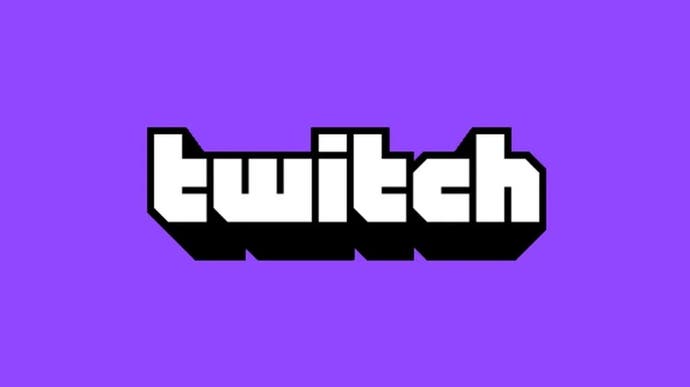Twitch updates policies to prevent spread of misinformation
Aimed at harmful misinformation actors.
Twitch has updated its policies to prevent the spread of harmful misinformation on the platform.
In a blog post, Twitch explains a change to its Spam, Scams and Malicious Conduct Policy, with the goal to prohibit "individuals whose online presence is dedicated to spreading harmful, false information from using Twitch".
As per the community guidelines, Twitch reserves the right to suspend accounts for inappropriate or harmful conduct.
Twitch does clearly state that "this update will likely not impact you or the streamers you love on Twitch" and the policy will not be enforced against one-off statements.
The platform has partnered with "over a dozen" researchers and experts on the spread of misinformation to mitigate risks in the community.
"We've learned that Harmful Misinformation Actors account for a disproportionate amount of damaging, widely debunked misinformation online," reads the blog post.
"Together, we've identified three characteristics that all of these actors share: their online presence - whether on or off Twitch - is dedicated to (1) persistently sharing (2) widely disproven and broadly shared (3) harmful misinformation topics, such as conspiracies that promote violence.
"We've selected these criteria because taken together they create the highest risk of harm including inciting real world harm. We will only enforce against actors who meet all three of these criteria, and our Off-Service investigations team will be conducting thorough reviews into each case."
Reports on suspected misinformation spreading can be sent to OSIT@twitch.tv.
The guidelines also give a selection of examples of content that is shared by "harmful misinformation actors" based on recent world events:
- Misinformation that targets protected groups, which is already prohibited under our Hateful Conduct & Harassment Policy
- Harmful health misinformation and wide-spread conspiracy theories related to dangerous treatments, COVID-19, and COVID-19 vaccine misinformation
- Discussions of treatments that are known to be harmful without noting the dangers of such treatments
- For COVID-19-and any other WHO-declared Public Health Emergency of International Concern (PHEIC)-misinformation that causes imminent physical harm or is part of a broad conspiracy
- Misinformation promoted by conspiracy networks tied to violence and/or promoting violence
- Civic misinformation that undermines the integrity of a civic or political process
- Promotion of verifiably false claims related to the outcome of a fully vetted political process, including election rigging, ballot tampering, vote tallying, or election fraud*
- In instances of public emergencies (e.g., wildfires, earthquakes, active shootings), we may also act on misinformation that may impact public safety
"While harmful misinformation is not currently prevalent on Twitch, we understand that it can evolve very quickly, and will continue consulting with experts to ensure our approach to curbing its potential harm is effective-as we do with all of our safety policies at Twitch," it says.

